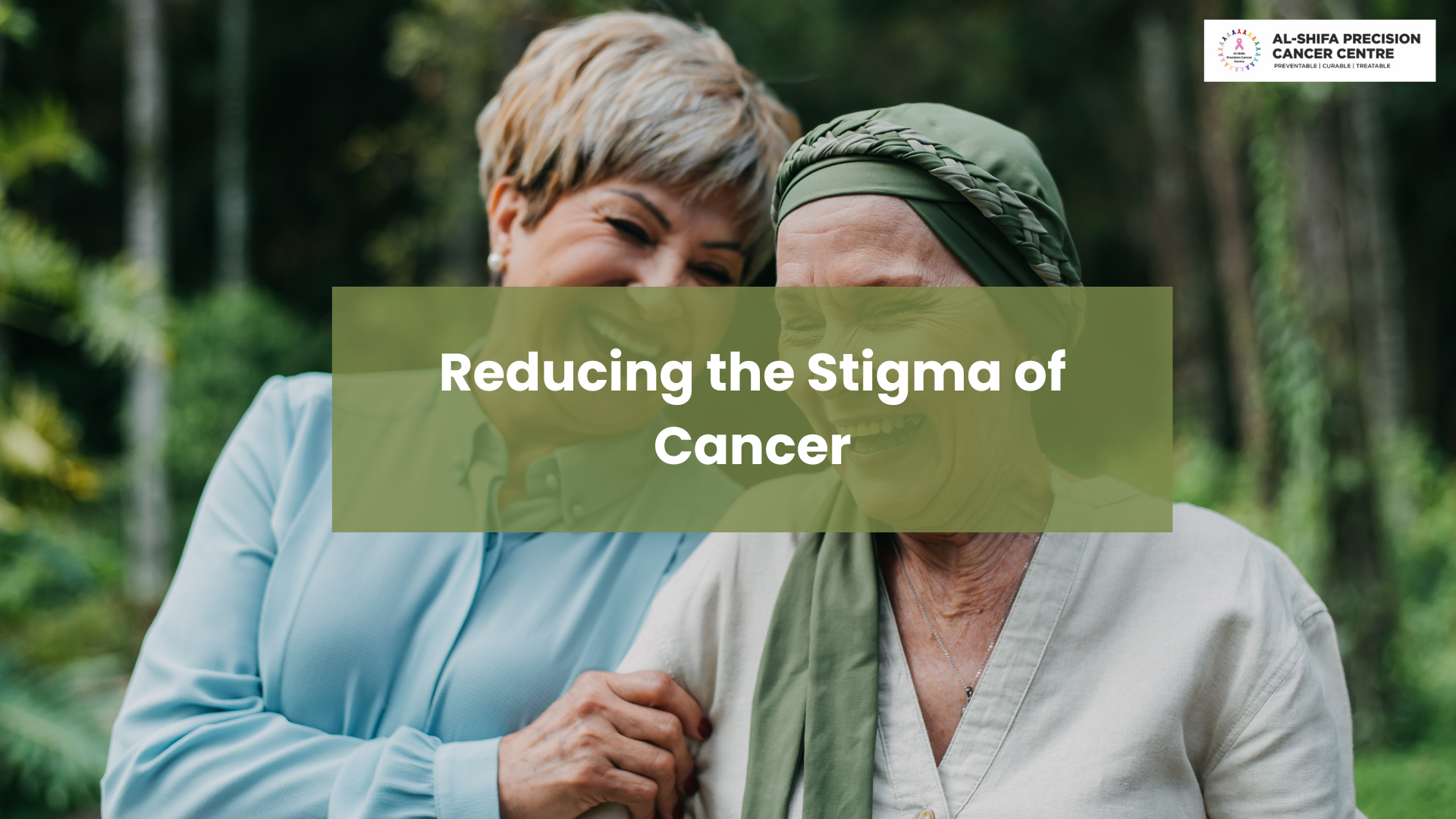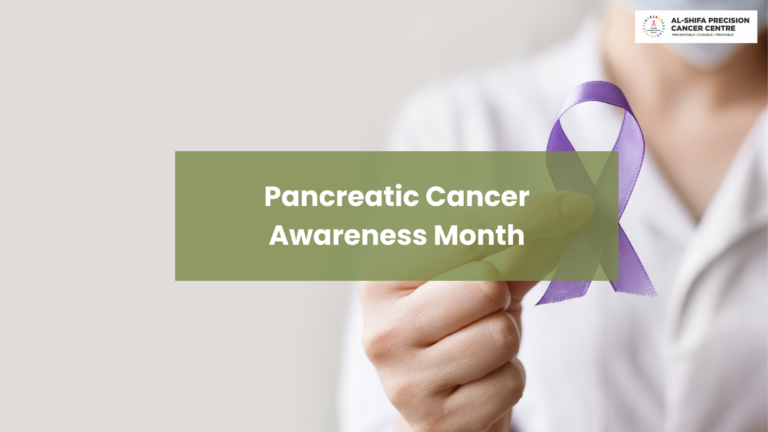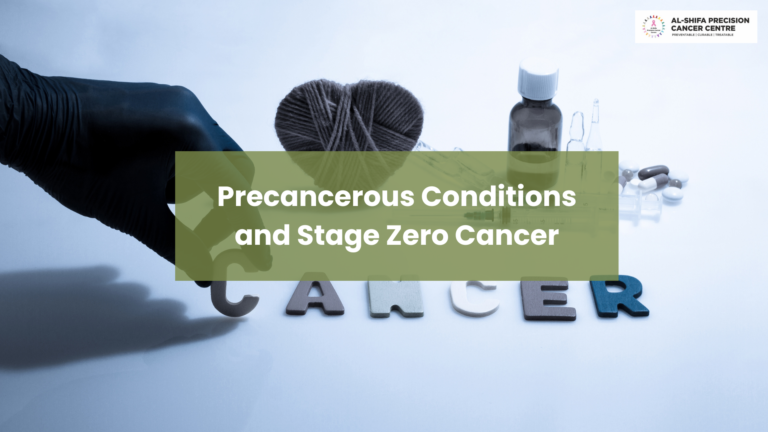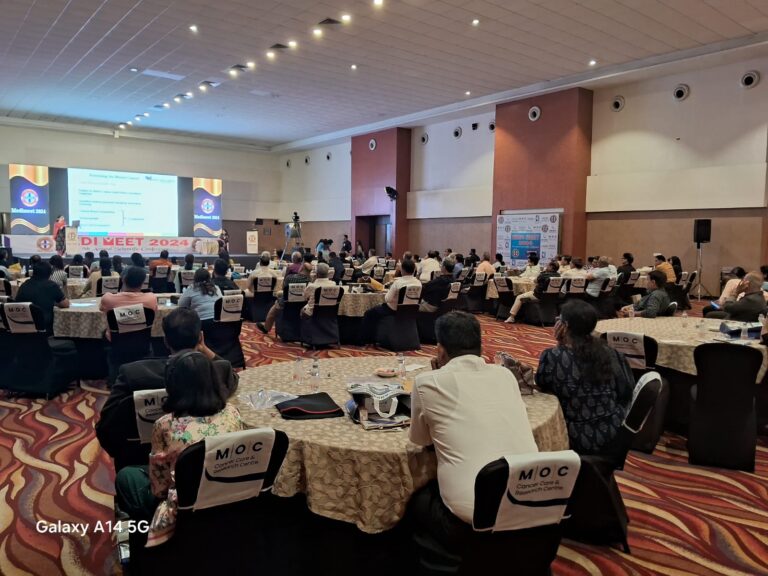Learn how to reduce the stigma surrounding cancer. Discover how awareness, support, and education can empower cancer patients and foster a more compassionate society.
Cancer, a disease that affects millions globally, is often accompanied by a heavy stigma that can affect patients’ mental and emotional well-being. This stigma arises from misconceptions, fear, and the association of cancer with death, making it harder for those diagnosed to seek help, share their experiences, or live freely. In this blog, we will explore ways to reduce the stigma surrounding cancer and promote a supportive, informed, and compassionate society for those affected.
Understanding Cancer Stigma
The stigma surrounding cancer often stems from a lack of awareness and understanding. Many people fear cancer because of its potentially life-threatening nature and the uncertainty associated with its progression. This fear can manifest in judgmental attitudes, avoidance, and even discrimination towards those diagnosed. As a result, cancer patients may feel isolated, ashamed, or reluctant to talk about their condition. The stigma can prevent them from seeking help, accessing support, or feeling fully integrated into their communities.
How to Reduce Cancer Stigma
1. Promote Education and Awareness
One of the most effective ways to reduce cancer stigma is through education. The more people understand about cancer, its causes, treatments, and outcomes, the less likely they are to form misconceptions or harbor fears. Public health campaigns, social media outreach, and community workshops can all play a key role in spreading accurate information. When the public gains knowledge that cancer is not a result of personal failure or a “curse,” the stigma begins to dissipate.
2. Encourage Open Conversations
Another powerful way to tackle cancer stigma is to create a safe space for open conversations. Many cancer patients feel they must hide their diagnosis or minimize their experiences due to the stigma. By encouraging dialogue—whether through support groups, social media platforms, or family discussions—we help normalize the conversation about cancer. This can make patients feel more comfortable sharing their journey, asking for help, and receiving emotional support from loved ones.
3. Support Cancer Patients with Empathy
Cancer patients are not defined by their diagnosis. It’s essential to treat them with empathy, dignity, and respect. Avoid making assumptions about their prognosis, lifestyle, or the treatments they are undergoing. Instead, offer your support in ways that are considerate of their emotional and physical needs. Simple gestures like offering to help with daily chores, accompanying them to appointments, or just listening to their experiences can go a long way in making them feel valued and less stigmatized.
4. Share Inspirational Stories
Highlighting the stories of cancer survivors and those living with cancer can be a powerful tool in reducing stigma. Inspirational stories not only offer hope but also challenge the misconceptions associated with the disease. Sharing these stories in blogs, interviews, or social media can shift the narrative from one of fear to one of empowerment, resilience, and hope. When people see others thriving after a cancer diagnosis, it reduces the association between cancer and a death sentence.
5. Advocate for Policy Change
Finally, advocating for policies that protect the rights of cancer patients and promote inclusion is crucial. Workplace discrimination, insurance bias, and healthcare access issues are real challenges for many cancer patients. By supporting policies that improve healthcare access, protect patients’ rights, and promote inclusivity, we can reduce the barriers that perpetuate cancer stigma.
Conclusion
Reducing the stigma of cancer requires collective effort—from raising awareness and encouraging open conversations to offering empathy and advocating for policy change. By creating a society that is informed, compassionate, and supportive, we empower cancer patients to live without fear of discrimination and judgment. The more we share stories, spread knowledge, and offer help, the closer we come to breaking down the stigma and building a world where cancer patients can face their diagnosis with dignity and strength.



